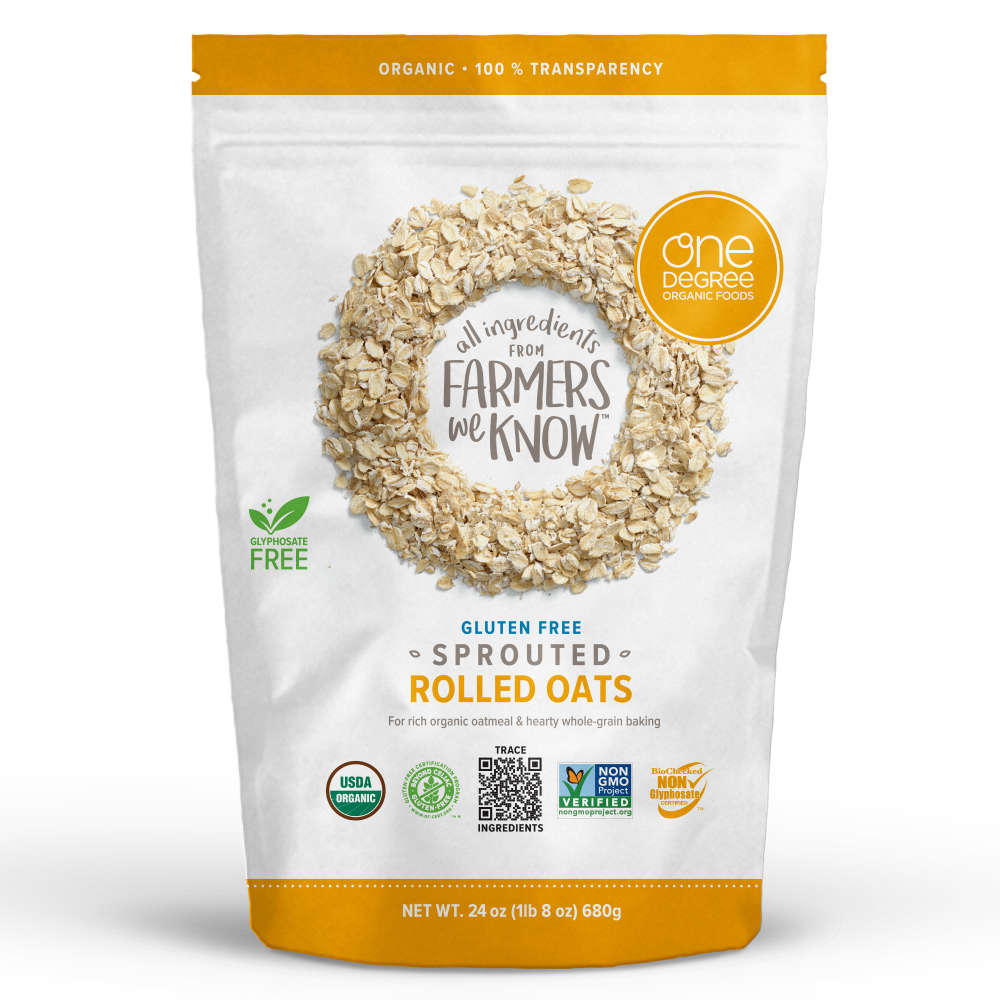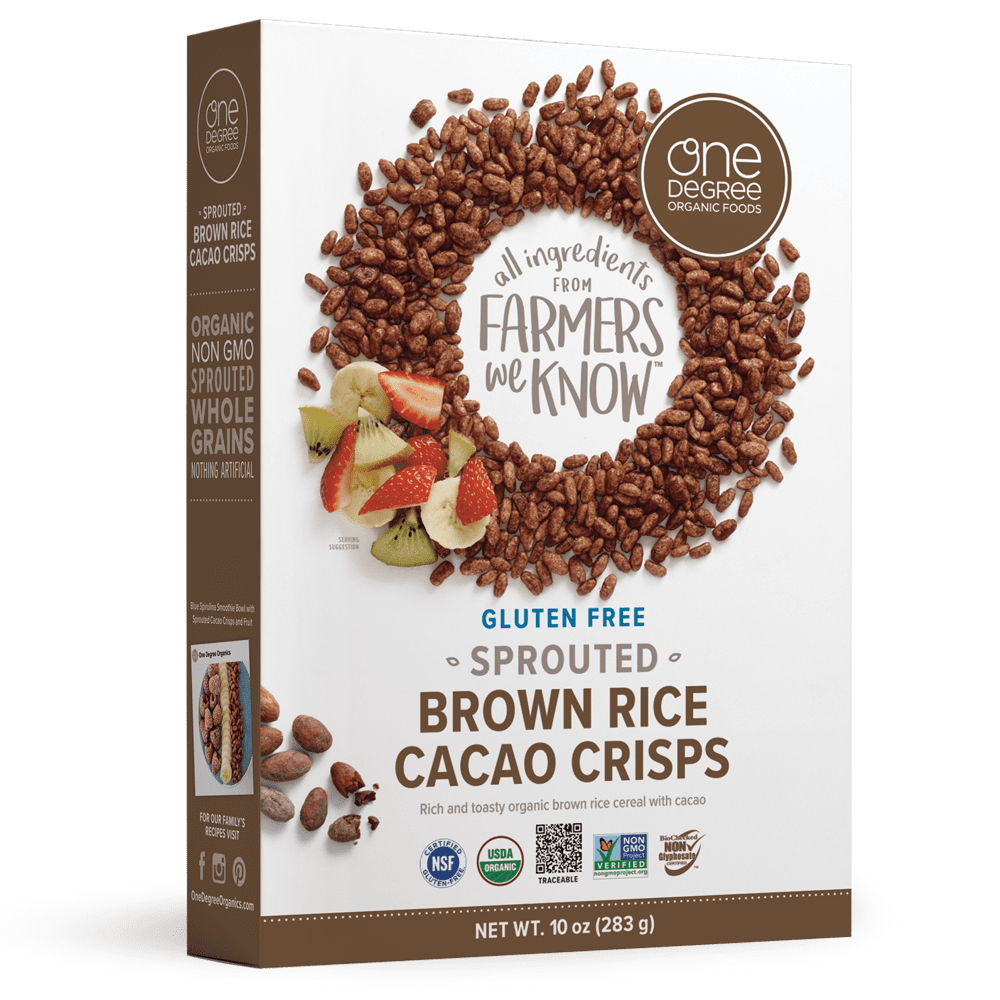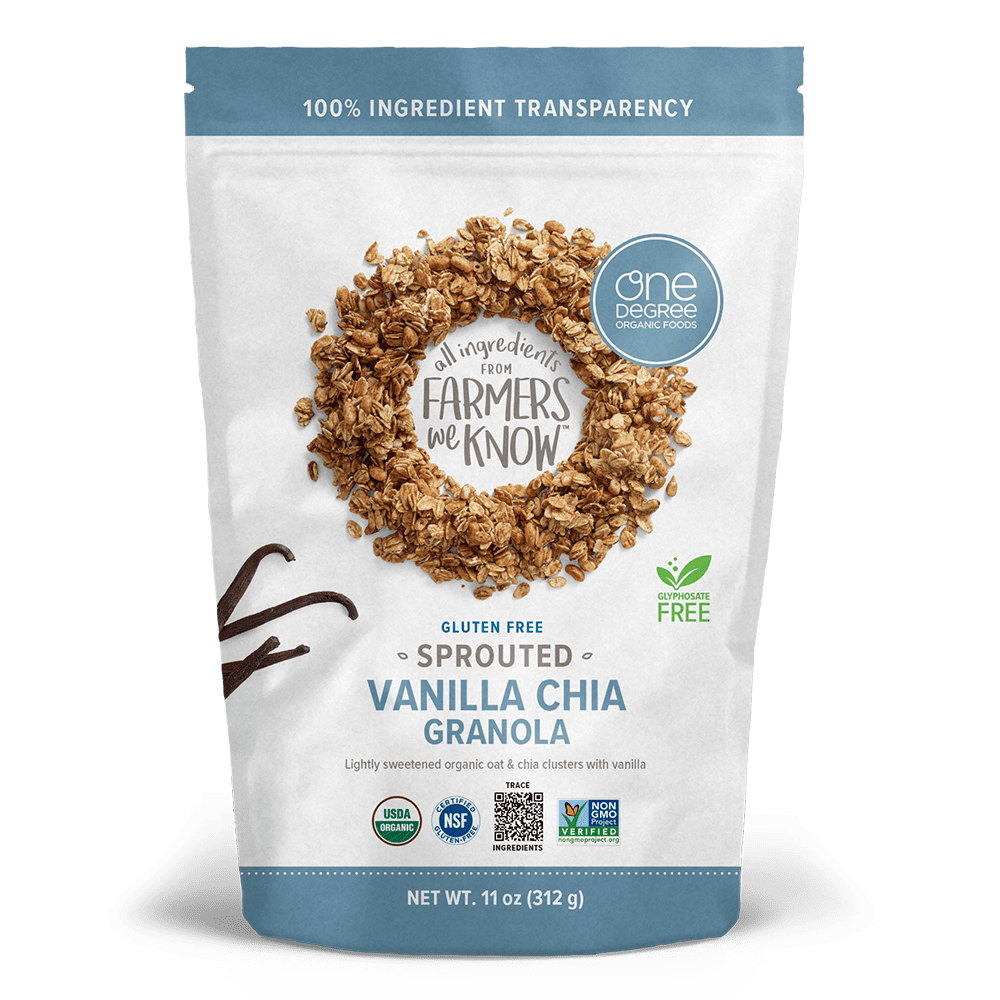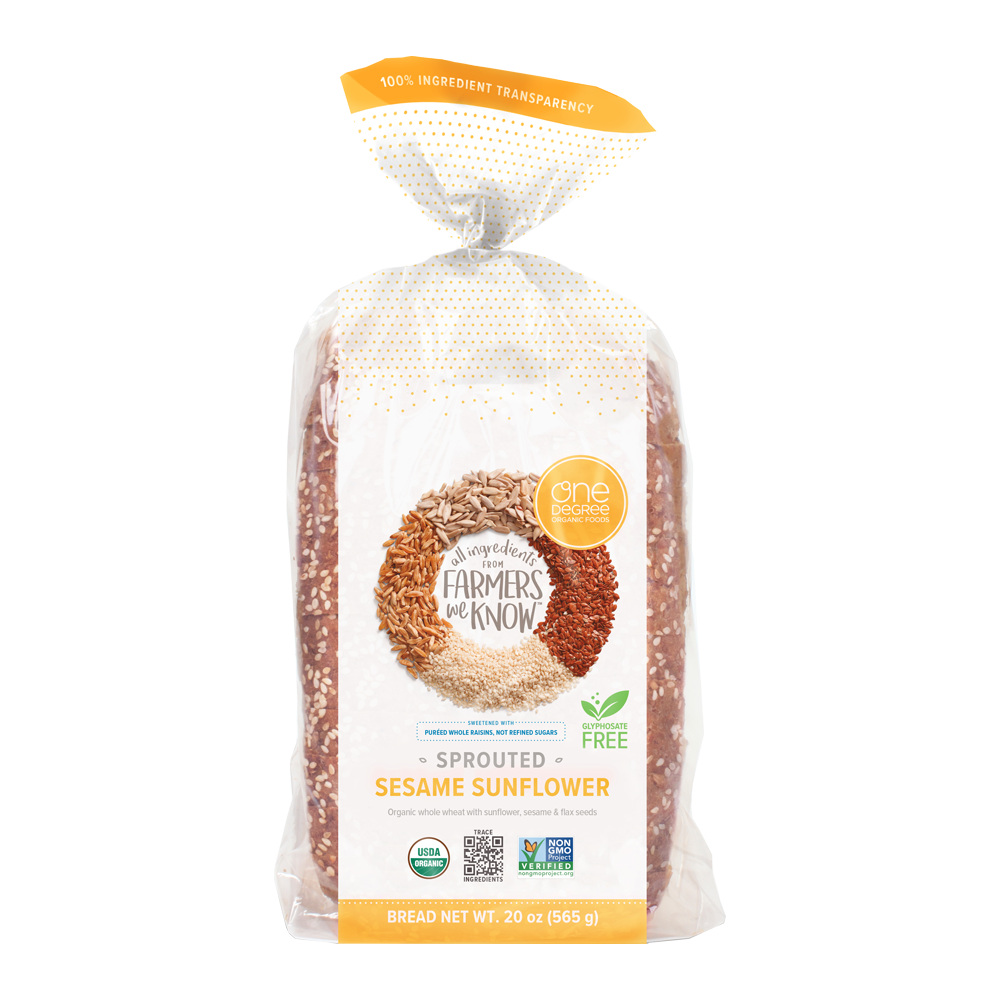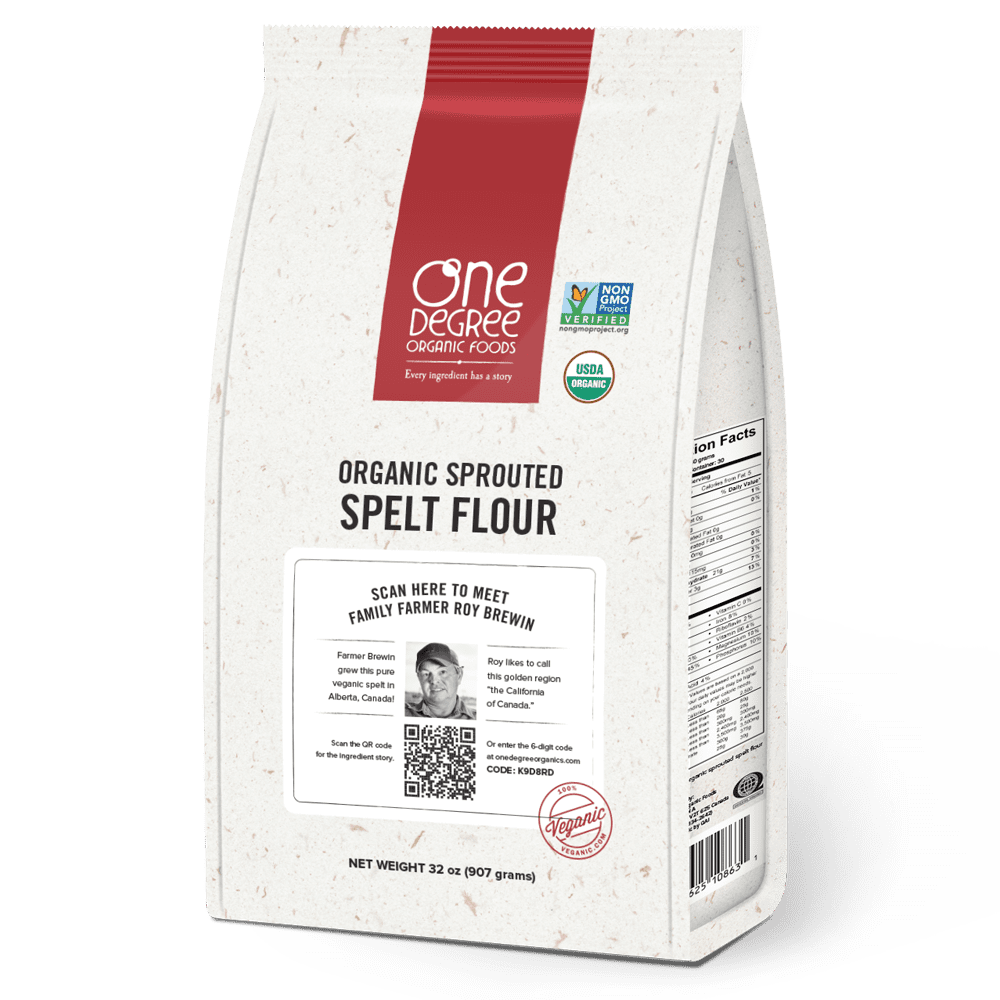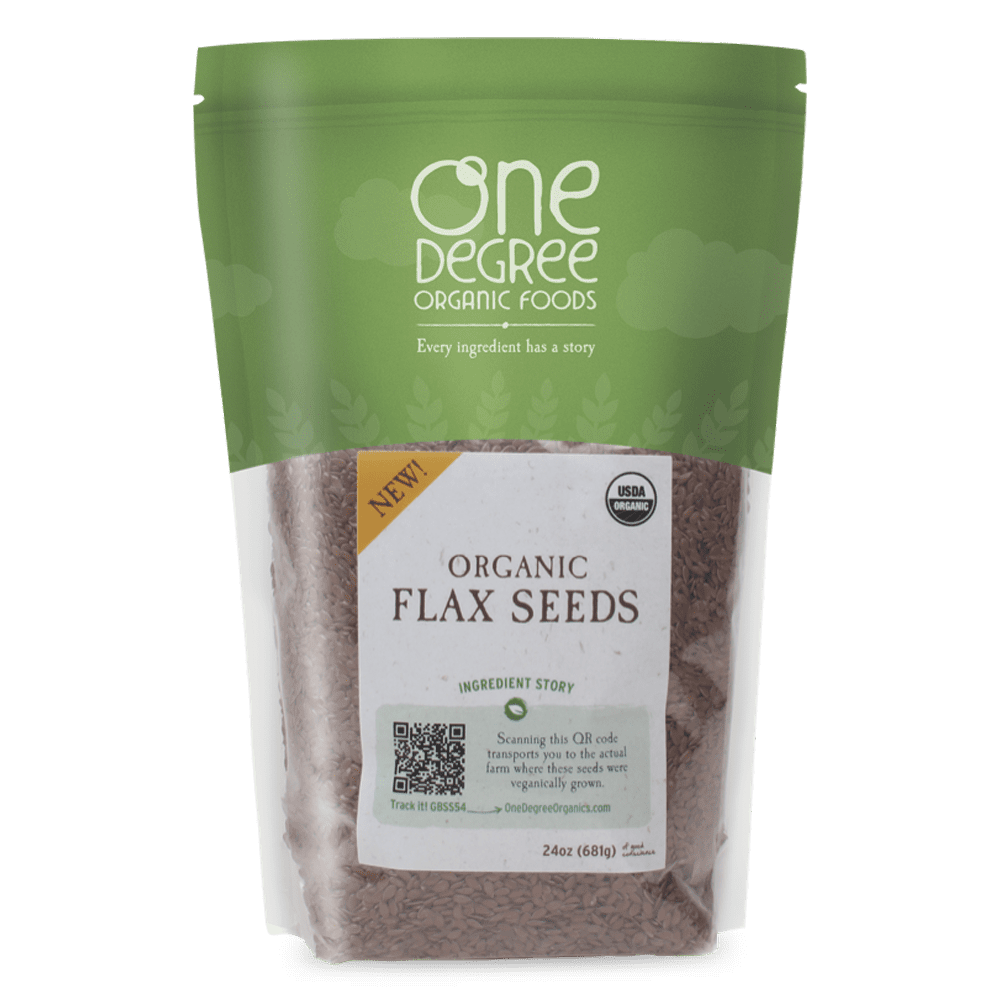Goldenberry
Villa Andina
Native to the Andes mountains that span Peru and the west coast of South America, the bright yellow-orange fruit of the goldenberry ripens in the protection of its papery husk. Cultivated during the Inca empire, this sweet-tart berry has delighted tastebuds for centuries (if not millennia).
The many names for this fruit tell the story of its origin and now-global appreciation—uvilla, topotopo, and aguaymanto in South America; Inca berry, Peruvian groundcherry, and pichuberry in North America; cape gooseberry in South Africa; poha berry in Hawaii; and many more.
No matter what name it goes by, goldenberry is prized not only for its zingy flavor but also for its well-deserved superfood status. Goldenberries get their magnificent sunny hue from carotenoids, a powerful antioxidant. Paired with Vitamin C and other antioxidant compounds like phytosterols and flavonoids, goldenberry’s potential health benefits are an active topic of research.
Villa Andina’s goldenberries grow in the department of Cajamarca, in the northern Andes of Peru. There, Villa Andina works on site with farmers, alongside the fields where goldenberries are grown and harvested. Their direct relationship helps connect the producer with the final consumer. But it wasn’t always this way.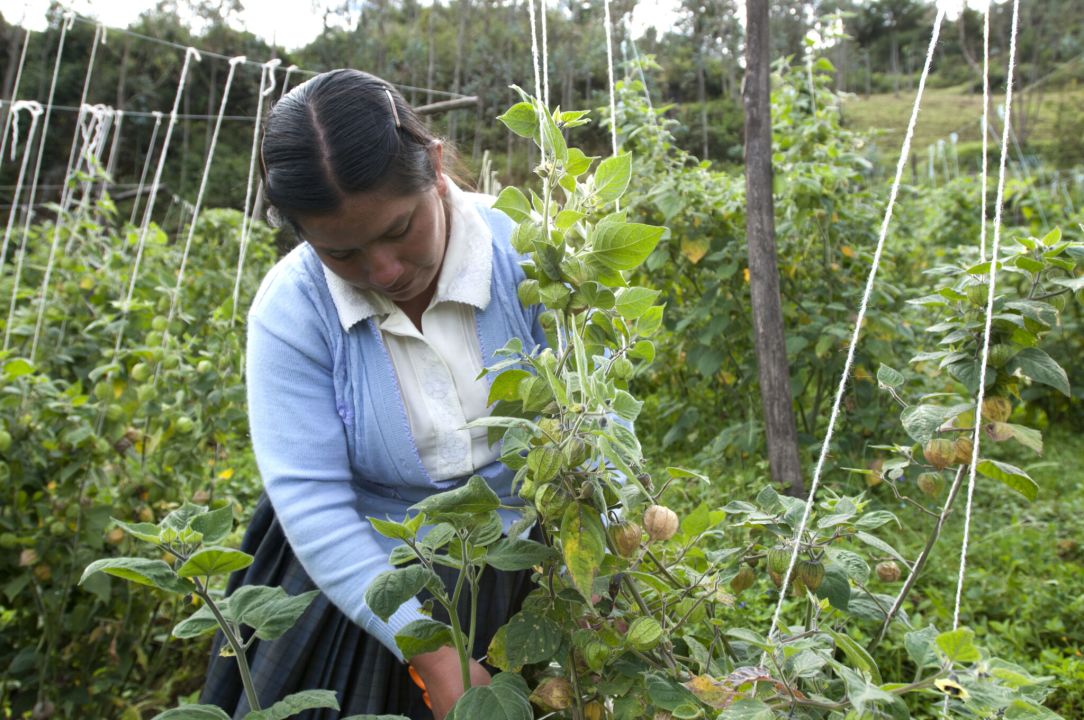
Goldenberry farmer Lelis Huamán Moreno was skeptical when a politician suggested in 2004 that he and other farmers in his community plant goldenberries. At the time, Moreno and his peers dismissed the idea that aguaymanto could be worth anything. “This product grows in the wild, nobody cares about it,” he said. “It’s food for birds!”
Promised the crop would be worth more than the potatoes they were farming, Moreno and other farmers started to grow it. However, once they had a harvest to sell, they were dismayed to find nobody wanted to buy it.
Not ready to give up on their investment in this new crop, the community came together to unite all the goldenberry producers, hoping to sell in bulk to a company. And in 2007, they started to work with Villa Andina.
Villa Andina chose to locate their processing facility in Cajamarca, not just to be close to their farmers, but also because there are production and quality advantages. At 9,200 feet (2,800 meters) above sea level, the dryer climate and lower atmospheric pressure, products dehydrate faster—with more energy efficiency—than at lower elevations.
Being close to the farmers means they get crops like goldenberries into the production facility within 24 hours of harvest. Villa Andina gets the freshest possible produce to dehydrate quickly and efficiently, so the dried product captures the sun-ripened goldenberry at peak quality.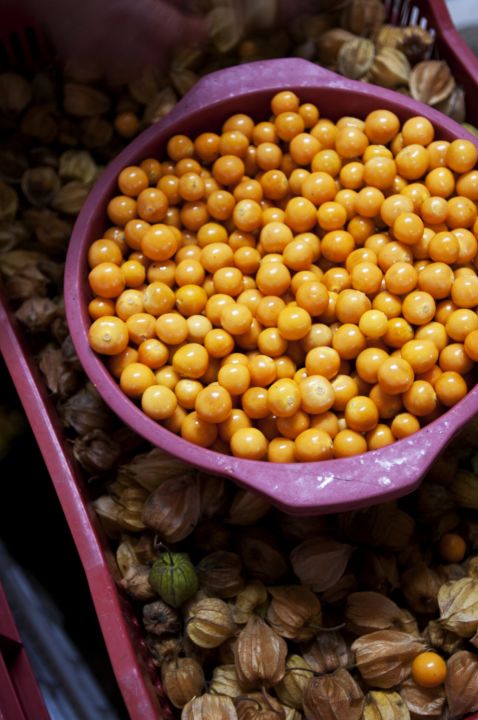
Founded by brothers Daniel and Pedro Martinto, Villa Andina promotes small rural farmers who grow high-value crops with international demand. But there is far more to their business than connecting farmers to the global market.
Villa Andina supports sustainability by focusing on farmers cultivating native species that reflect the biodiversity of Peru and encouraging and facilitating the use of plant-based organic farming practices to grow them.
For Villa Andina, long-term relationships—and mutual success—matters. They know their farmers personally, supporting their partner farmers in rural Peru by giving them a stable market for their produce at a fair price, so those small farmers can realize the full economic impact of superfood crops like goldenberry.
Before Villa Andina, goldenberry farmers like Lelis Huamán Moreno were vulnerable to wild fluctuations in the price they could get for their crops. Villa Andina guarantees a fixed price for their farmers crops, buying one or two seasons ahead to remove the uncertainty for these small family farmers so they can focus on growing the best crop possible.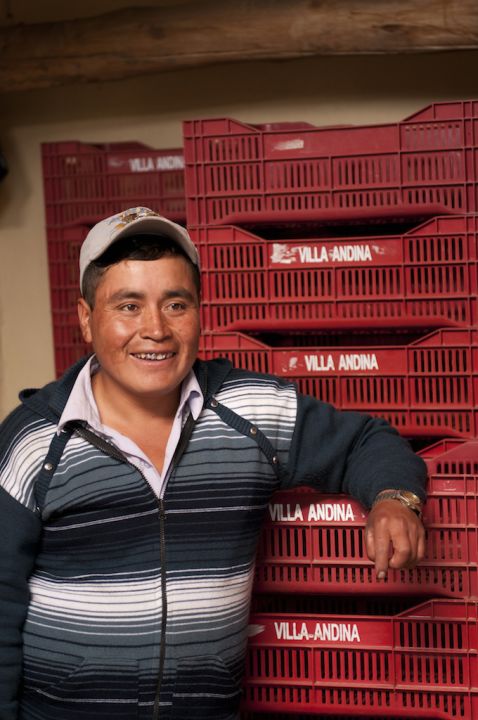
The University of Michigan did a case study on Villa Andina’s partnership with farmers and the impact it has on the quality of life for small children growing up in the communities they support.
Partnering with Villa Andina (and their vertically-integrated production) means small family farmers no longer have to travel to large cities on the coast to sell their crop—or incur fuel and travel costs and take time away from their families and farms to get their product to market to sell at an uncertain price.
The study found this benefits farmers’ because it means their families have financial resources to send their children to school and improve their housing and overall standard of living.
One Degree Organics has worked with Villa Andina for years, sourcing plant-based organic ingredients like quinoa, cacao, and camu camu for our products.
Because Villa Andina knows their farmers personally, they are able to trace every lot back to the farmer who grew it, throughout the production process, so we can be sure the certified organic ingredients we get from Villa Andina meet our high plant-based organic standards. That’s why we’re proud to continue partnering with Villa Andina for the goldenberries we use in our Goldenberry Honeybush Tea-Infused Granola!
